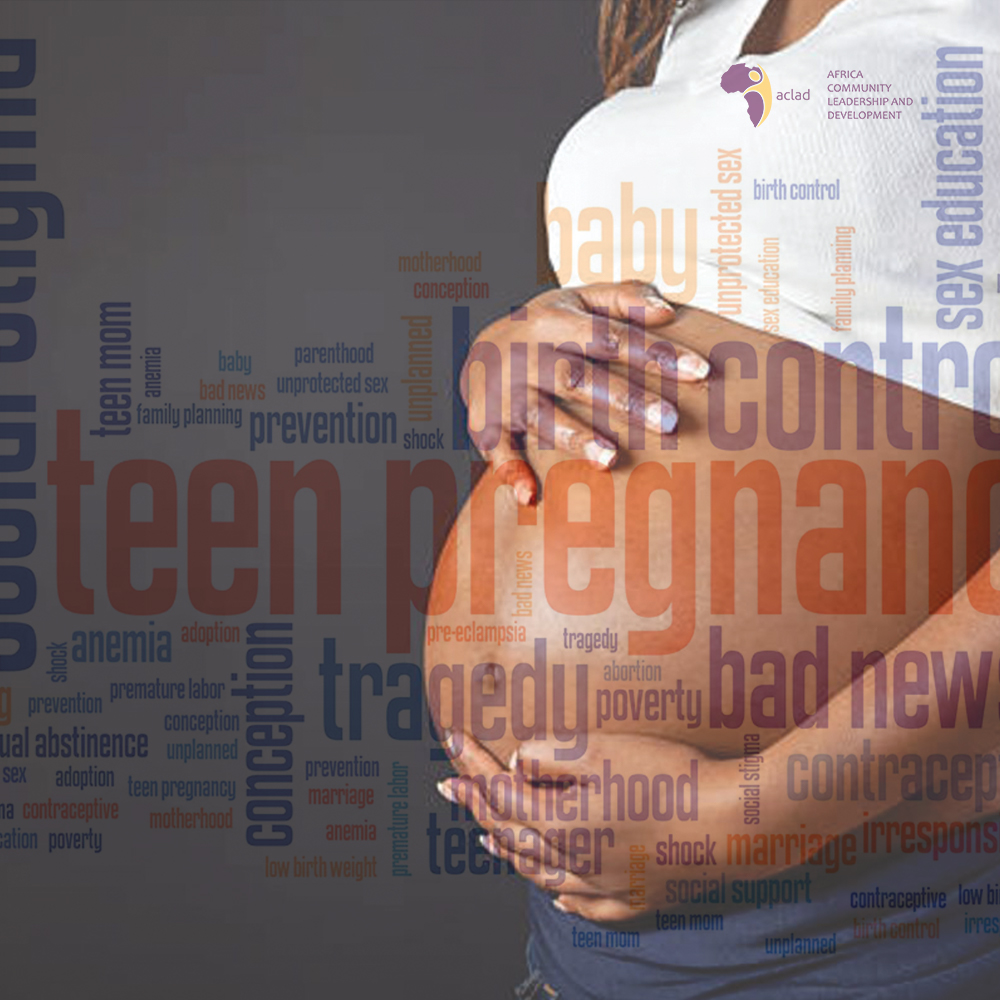Teenage pregnancies during Covid-19 lockdown-the aftermath

In a report released in 2018 ahead of the Day of the African Child, Human Rights Watch[1] indicated that tens of thousands of pregnant girls and adolescent mothers are banned or discouraged from attending school across Africa. Three years on, this situation has barely changed. In 2020 after schools were closed for an extended period due to the COVID-19 pandemic, there were reports in the Kenyan media that nearly 380,000 teenagers had been impregnated, and that the lockdown had contributed significantly to this surge in teenage pregnancies. Given the statistics of school drop-outs due to pregnancy in Kenya, this means that nearly all those girls will not go back to school after giving birth, or will risk unsafe abortions so that they can continue with their education.
While the problem of teen pregnancies may have been worsened by government’s closure of schools to curb the spread of COVID-19, this is not a new problem in Kenya. An even bigger problem is that these teenagers are not going back to school after giving birth and weaning their children despite there being in place the School Re-Entry Policy. The policy in Kenya came into law in 1994 and is meant to help young mothers return to schools. It states in part that schools should allow young mothers to attend and should ensure they and their parents get guidance and counselling. In addition, the policy requires that head teachers work out innovative ways to support these girls, such as giving them time off to breastfeed and allowing extra classes missed by students tending to their children.
Human Rights Watch also found that some girls fear humiliation and judgement from their peers so much that they will drop out of school at the onset of pregnancy, while others risk procuring unsafe abortions which is detrimental to both their health and lives. The National Council for Population and Development[2] in Kenya insists that there poverty as one of the root causes of teenage pregnancy needs to be addressed, as well as awareness creation on the School Re-entry Policy. In addition, a recommendation is given to engage teenage girls as stakeholders in the development of interventions tailored for them.
Now that the harm has already been done for the teenagers who got pregnant during the COVID-19 lockdown, hope is not lost for the ones who stayed safe. More preventative measures can be taken towards empowering teenagers-both boys and girls on the dangers of early sexual experimentation through age-appropriate, accurate sex education. This education can give children and adolescents the information they need to make informed decisions about their bodies and to speak up when feel they are in harm’s way because they are able to understand what good relationships are and are also able to differentiate those from abusive or exploitative ones. The government and its partners can and should fast-track the implementation of the fourth of the 12 commitments from the Nairobi Summit on ICPD25[3] which advocates for access to comprehensive and age-responsive information, education and adolescent-friendly comprehensive, quality and timely services for all adolescents and youth, especially girls. If this is well implemented, adolescents and youth will be able to make free and informed decisions about their sexuality and reproductive lives, to adequately protect themselves from unintended pregnancies, all forms of sexual and gender-based violence and harmful practices, sexually transmitted infections, including HIV/AIDS and facilitate a safe transition into adulthood.
Catherine Muteithia
ACLAD Media Consultant
[1] Leave No Girl Behind in Africa
[2] Teenage Pregnancy in Kenya: Gloom and Doom in Education, Health
